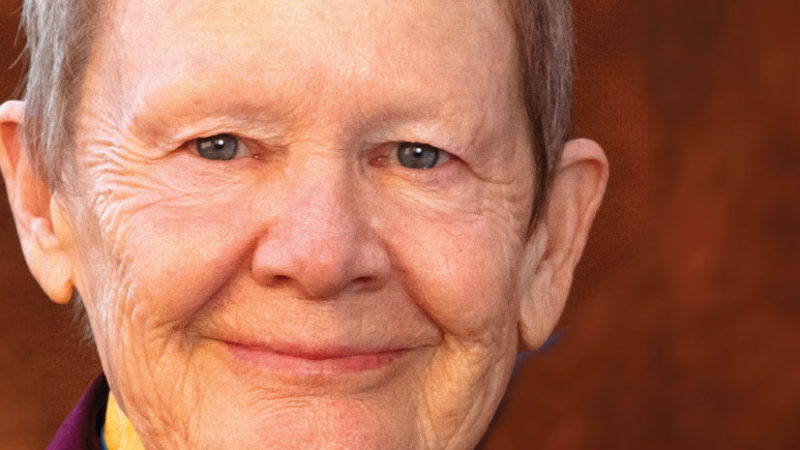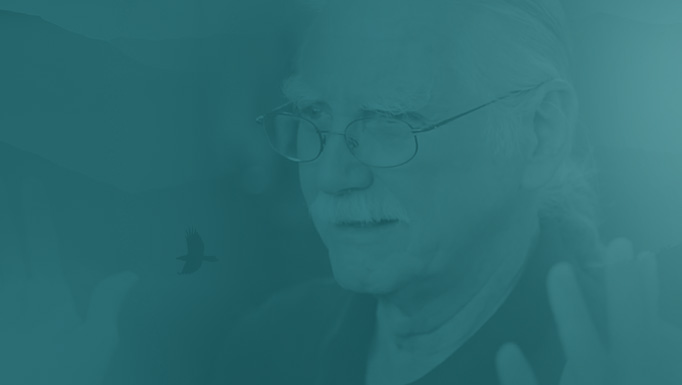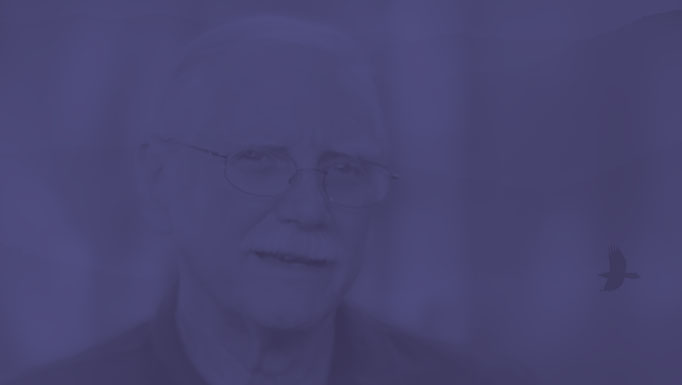Pema Chödrön: Living with Vulnerability
Pema Chödrön is an American-born Buddhist nun who currently resides at Gampo Abbey in Nova Scotia. Her many publications include How to Meditate, Getting Unstuck, and Fail, Fail Again, Fail Better. This special episode of Insights at the Edge—originally broadcast as part of the Living with Vulnerability online program—features a deeply heartfelt conversation between Pema and Tami Simon. Here they discuss why it can feel so hard to live with your innermost self open to the world. Pema emphasizes that choosing to be vulnerable brings a more genuine and fulfilling experience of your daily life. Finally, Tami and Pema talk about listening to the inherent lessons of your emotions and why acceptance of the moment will open you to ever-greater opportunities for joy and enrichment.(66 minutes)






